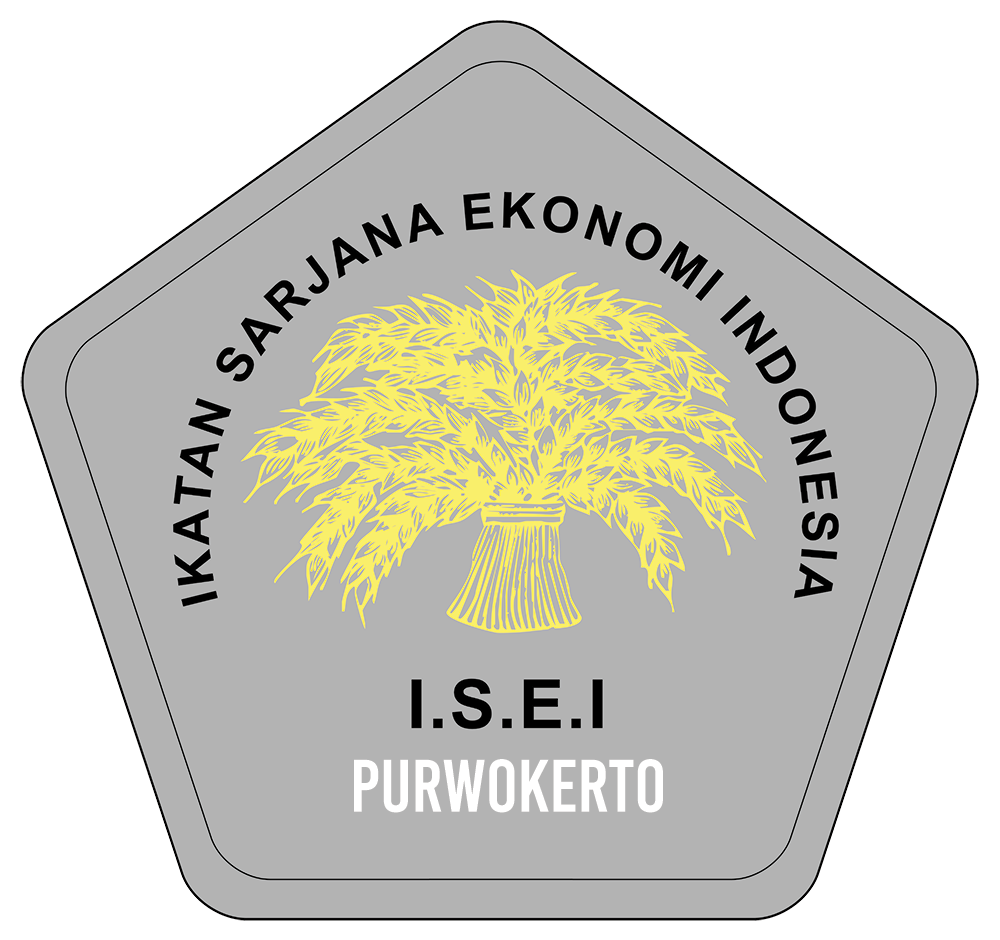Efektivitas Alokasi Penggunaan Dana pada Penerima Manfaat Program Keluarga Harapan (Pkh) di Desa Jembangan Kecamatan Punggelan Kabupaten Banjarnegara
Abstract
This study aims to analyse the success rate of the Family Hope Programme (PKH) on two variables, namely the effectiveness of the Family Hope Programme (PKH) and the effectiveness of the use of Family Hope Programme (PKH) funds. This thesis was conducted in Jembangan Village, which is the village with the most beneficiaries of the Family Hope Program (PKH) in Banjarnegara Regency. The data used in this study are qualitative data that have been quantified. Data collection was conducted using a questionnaire distributed to 102 respondents, consisting of 51 Family Hope Programme (PKH) beneficiary families and 51 respondents comprising village officials and local community leaders. To ensure the validity of each questionnaire item, validity and reliability tests were conducted. The analysis technique used a Rating Scale and difference tests (normality test and independent test) to measure effectiveness and differences.
Based on the results of the study using Rating Scale analysis and difference tests, it can be concluded that: (1) The Family Hope Programme (PKH) is effective in its implementation; (2) The use of Family Hope Programme (PKH) funds is quite effective; and (3) There is a difference in the level of effectiveness of the Family Hope Programme (PKH) and the effectiveness of the allocation of PKH funds.
It is hoped that there will be continuity and greater oversight of the programme to increase its effectiveness. This research has not been carried out to its full potential due to the COVID-19 pandemic.










